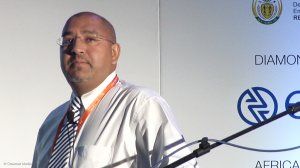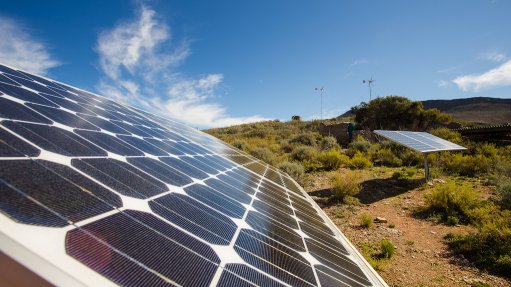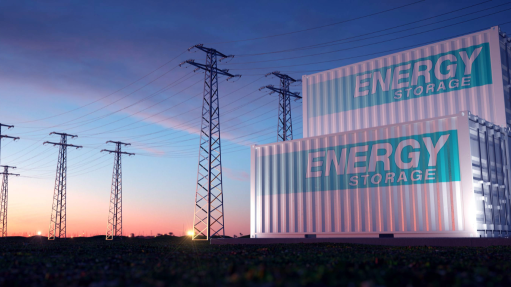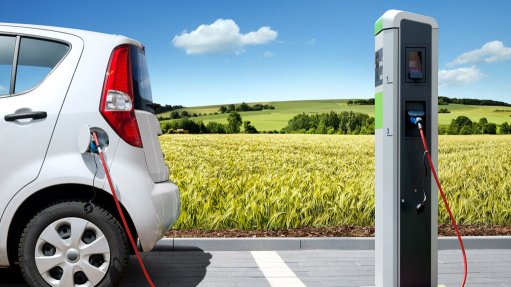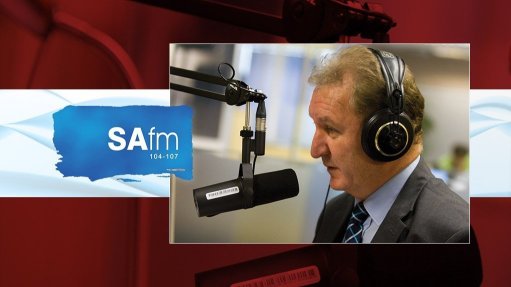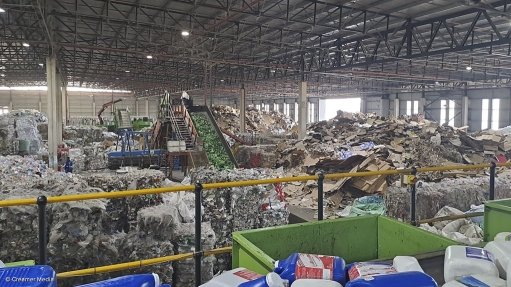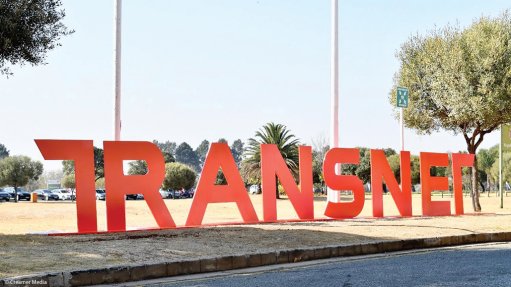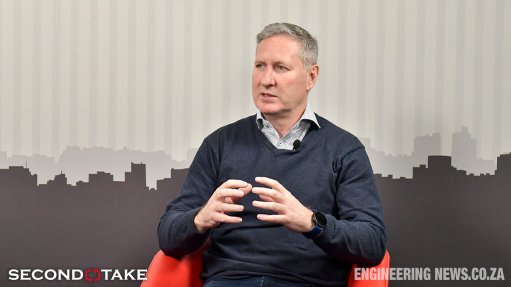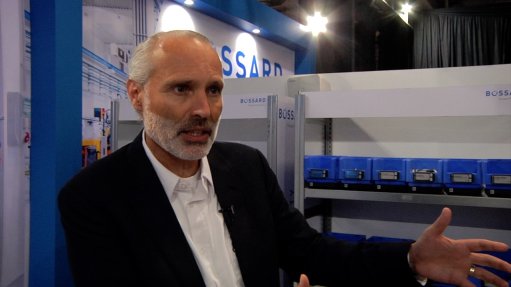IPP programmes on track – Eskom

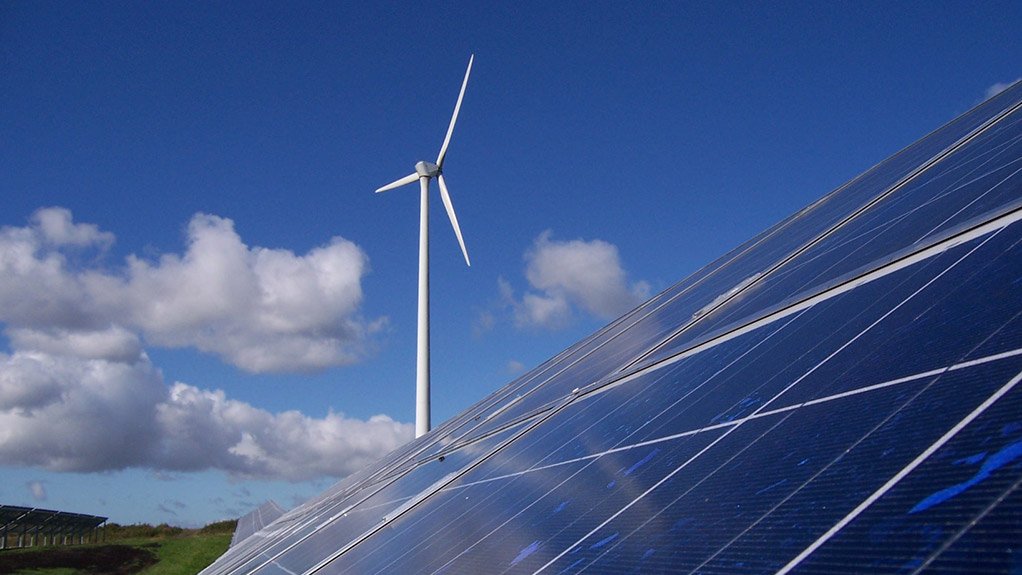
Eskom single buyer office head Yousuf Haffajee discusses the status of the independent power producer programmes.
ENERGY ALLOCATION Another 3 200 MW have been determined for future renewable-energy projects
State-owned power utility Eskom contracted a total of 6 352 MW from about 82 power purchase agreements (PPAs) with private-sector electricity generators within the borders of South Africa under the Independent Power Producer (IPP) programmes, said Eskom Transmission single buyer office head Yousuf Haffajee.
Currently, the IPP programmes were at various stages of completion, said Haffajee, who addressed the 2014 Power and Electricity World Africa conference, in Johannesburg, in March.
Twenty-eight PPAs supplying 1 416 MW had been signed after the Renewable Energy Independent Power Producer Procurement Programme’s (REIPPPP’s) first bid window, while 19 PPAs supplying 1 044 MW were signed after the second bid window, Haffajee said, emphasising that “Eskom is pleased to say that 20 generation projects of those PPAs from both bid windows are already connected to the grid”.
These 20 projects are contracted to supply 2 367 MW, while about eight of these projects are delivering energy in terms of the early operating period, with another five projects having issued notice for the early operating period.
These 20 projects came on line at the end of February and in March, Haffajee said, emphasising that another three of these projects had achieved commercial operation date.
Another 17 preferred bidders supplying 1 456 MW were announced after the third bid window in November last year, he said, highlighting that the energy yield from the bidders in the first and second bid windows was much higher than expected, which created additional supply.
In addition, the Department of Energy (DoE) ran a prequalification process for the smaller REIPPs and informed prequalified bidders of their status in March, Haffajee said, adding that Eskom and the DoE would start the bid preparation for the prequalified bidders in the following months.
Meanwhile, additional megawatt supply stemmed from Eskom’s Wholesale Electricity Pricing System. A standard tariff was offered to customers who occasionally exported electricity to the grid when they did not consume the electricity that they had generated, with this supply amounting to about 98 MW a year.
Haffajee also noted that another 1 005 MW had been contracted from the DoE peaker projects, which formed part of a procurement programme run by the DoE.
Further, Eskom contracted 417 MW from six PPAs from the Medium-Term Power Purchasing Programme (MTPPP), which the utility ran about seven years ago to procure energy from industrial consumers. Participants in the MTPPP currently provide 338 MW and, with the exception of one PPA, are all delivering power.
Another eight PPAs falling under the short-term power purchasing programmes (STPPPs) currently supply 290 MW. Although their contracts ended at the end of December 2013, Eskom renewed the contracts in February to run to May 31, Haffajee said.
Eskom also renewed contracts with the municipalities, which have older coal-fired power stations, such as the Kelvin power station, near OR Tambo International Airport, in Gauteng, and two generators in Pretoria, which currently supply 585 MW until the end of this month.
However, Haffajee noted that, although R65-billion had been allocated to Eskom for the third multiyear price determination period, which is the retail tariff as stated by the National Energy Regulator of South Africa for the next five years, he stressed that the amount allocated was for the current programmes, including the 3 725 MW for the renewable programmes, and did not include funding for future IPP programmes, such as the procurement of gas and coal, that were to be launched.
“One of the challenges raised is whether the current retail path can afford to fund the REIPPPP and the other IPP programmes in future, when Eskom’s new build programmes and the 12 000 MW programmes are under construction, which are also funded by the tariff,” Haffajee pointed out.
IPP Successes
Haffajee highlighted the successful creation of a supportive and enabling environment amid the new generation regulations, regulatory support and commitment; engagement with lending institutions to ensure bankability of the PPAs; and international best practice for the renewable-energy procurement process.
Further, he deemed the social and economic criteria for the IPP programmes a success, adding that Eskom had also noted more competitive pricing in the second and third of the three REIPPPP bid windows.
However, Haffajee was not sure for how long South Africa could sustain the lender, developer and market interest, as “many developers, after the third bid window, are reconsidering remaining in South Africa, as the prices are so low and the competition is so high”.
Haffajee said that, of the 17 800 MW allocated for renewable generation in the next 20 years as part of the DoE’s Integrated Resource Plan, another
12 235 MW would be allocated to private-sector generation.
“About 800 MW will be allocated to industrial cogeneration, 3 200 MW to renewable-energy generation, 2 500 MW to coal, about 2 600 MW to imported hydropower and about 3 000 MW . . . to natural gas.
”
Comments
Announcements
What's On
Subscribe to improve your user experience...
Option 1 (equivalent of R125 a month):
Receive a weekly copy of Creamer Media's Engineering News & Mining Weekly magazine
(print copy for those in South Africa and e-magazine for those outside of South Africa)
Receive daily email newsletters
Access to full search results
Access archive of magazine back copies
Access to Projects in Progress
Access to ONE Research Report of your choice in PDF format
Option 2 (equivalent of R375 a month):
All benefits from Option 1
PLUS
Access to Creamer Media's Research Channel Africa for ALL Research Reports, in PDF format, on various industrial and mining sectors
including Electricity; Water; Energy Transition; Hydrogen; Roads, Rail and Ports; Coal; Gold; Platinum; Battery Metals; etc.
Already a subscriber?
Forgotten your password?
Receive weekly copy of Creamer Media's Engineering News & Mining Weekly magazine (print copy for those in South Africa and e-magazine for those outside of South Africa)
➕
Recieve daily email newsletters
➕
Access to full search results
➕
Access archive of magazine back copies
➕
Access to Projects in Progress
➕
Access to ONE Research Report of your choice in PDF format
RESEARCH CHANNEL AFRICA
R4500 (equivalent of R375 a month)
SUBSCRIBEAll benefits from Option 1
➕
Access to Creamer Media's Research Channel Africa for ALL Research Reports on various industrial and mining sectors, in PDF format, including on:
Electricity
➕
Water
➕
Energy Transition
➕
Hydrogen
➕
Roads, Rail and Ports
➕
Coal
➕
Gold
➕
Platinum
➕
Battery Metals
➕
etc.
Receive all benefits from Option 1 or Option 2 delivered to numerous people at your company
➕
Multiple User names and Passwords for simultaneous log-ins
➕
Intranet integration access to all in your organisation


